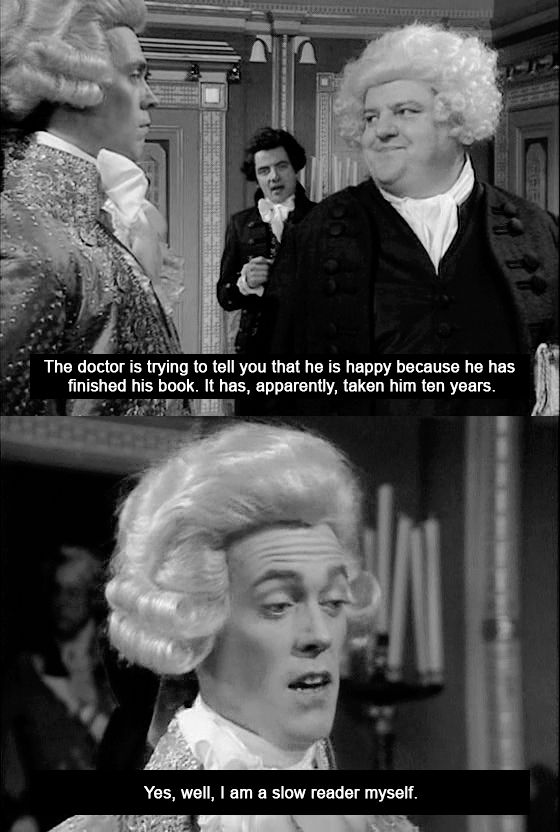“Hope is itself a species of happiness, and, perhaps, the chief happiness the world affords.” Samuel Johnson
The above proffering from acclaimed 18th century scholar Doctor Johnson, whose grasp of the English language is mooted by many, including my colonic irrigation therapist Niahm, to’ve been unsurpassed for over 250 years.
Despite his amazing insight into the written word, though, I’d venture Johnson would’ve be unable to shed any light on why Niamh is pronounced Neeve. Although he’d probably ward off such criticism by highlighting that technically my therapist’s name is Gaelic, not English. However, as he passed away in 1784, unless delivered via a medium, it’s not an argument I expect to hear from old Johnners.
In 1755, after Johnson expending eight years compiling the first ever dictionary of his mother tongue, upon its completion his impatient publisher William Strahan felt moved to exclaim “It’s about f***ing time!….. Not only did it take ages, but it appears he’s also missed out the word tugnuts!”
Strahan, though, soon retracting comments of the lexographer’s perceived tardiness when critics lauded the doctor’s work as one of the greatest single achievements of scholarship…… The publisher’s irk also abating after, despite misgivings it was a real word, Sammy J (his rap moniker) relented and included the previously omitted tugnuts.
A tall man for 1700’s adults, with basketball not being invented until over 100 years after his death, Samuel Johnson commenced his wordsmith odyssey after his mum suggested to her teenage son “As no one’s yet invented a game where you’d be able to gain advantage over opponents with your prodigious height, why not embark on an odyssey as a wordsmith”.
However, when her teenage boy responded “What’s wordsmith mean, mum?”, Mrs J was less certain it was the career path for young Samuel. This uncertainty only fleeting, though, after her offspring became the first student from Pembroke College, Oxford, to utilise the word juxtaposition in the debating chamber. An accolade which earned him a lifetime supply of lawn seed and a cattle grid.
On a more serious note (but only slightly), today’s journaling of the good doctor Johnson’s hope observations brought to mind a favourite scene from BBC TV comedy ‘BlackAdder Goes Forth’. An act where writers Richard Curtis and Ben Elton’s parody the aforementioned author’s lexicological achievements.
This playing out with eponymous character utilising fictional words, endeavouring to take the wind out of Johnson’s sails in an attempt to disrupt the scholar’s endless literary boasting.
As you’d expect from a fella possessing such a gargantuan vocabulary, Dr Samuel Johnson’s suggestion that hope affords humans existential happiness were delivered with the erudition of a lexicographer par excellence.
That being said, as with life lessons taken from ‘Carry On’ movies, I take great store in the lower brow words of singer Frank Sinatra. Consequently, the following four verses from an old blue eyes’ refrain ‘High Hopes’, penned by Cahn &Van Heusen, are my ‘go to’ inspirational words for not losing hope……. Altogether now:-
“Next time your found, with your chin on the ground
There a lot to be learned, so look around
Just what makes that little old ant
Think hell move that rubber tree plant
Anyone knows an ant, can’t
Move a rubber tree plant
But he’s got high hopes, he’s got high hopes
Hes got high apple pie, in the sky hopes
So any time your gettin low
Stead of lettin go
Just remember that ant
Oops there goes another rubber tree plant”
